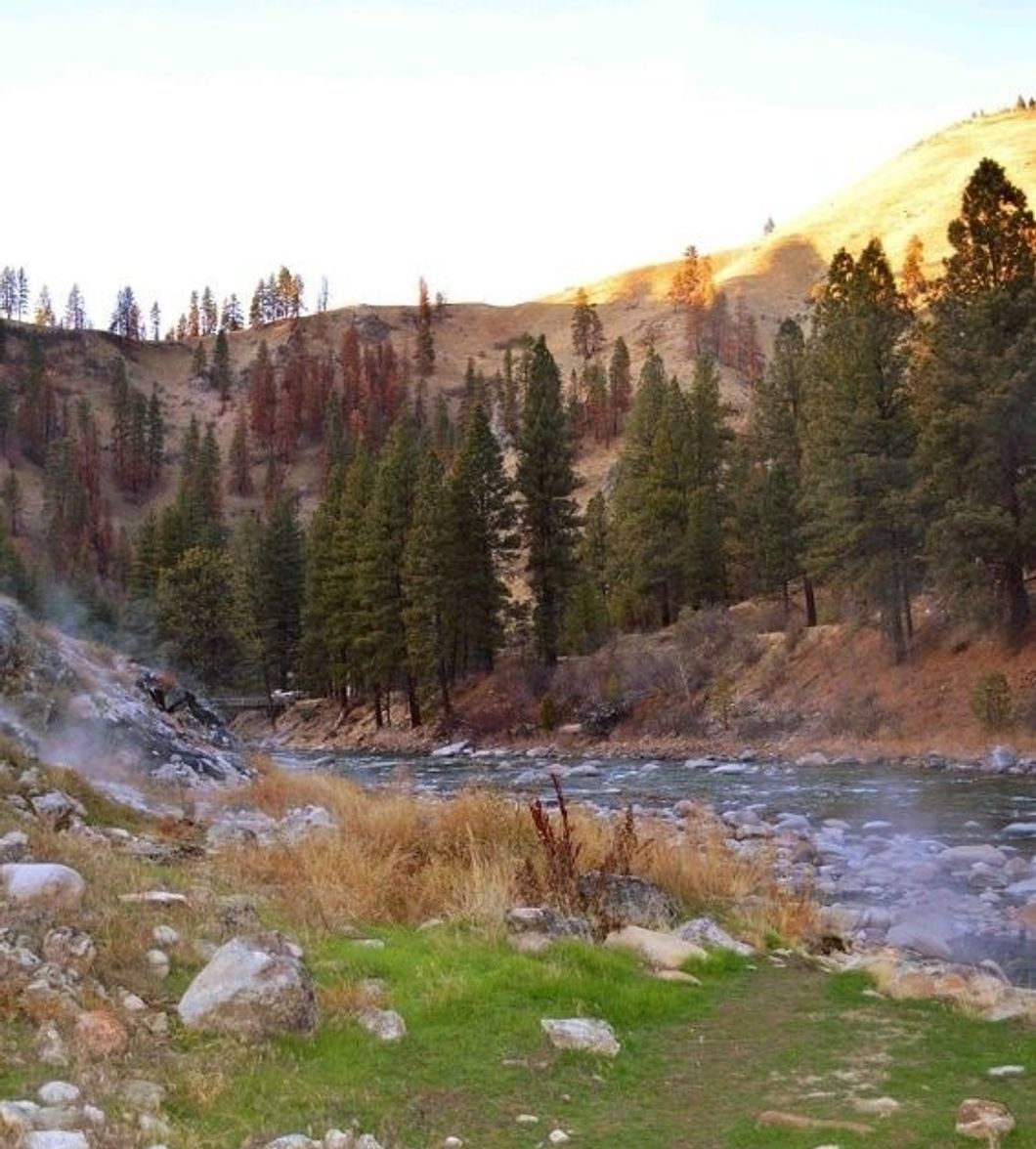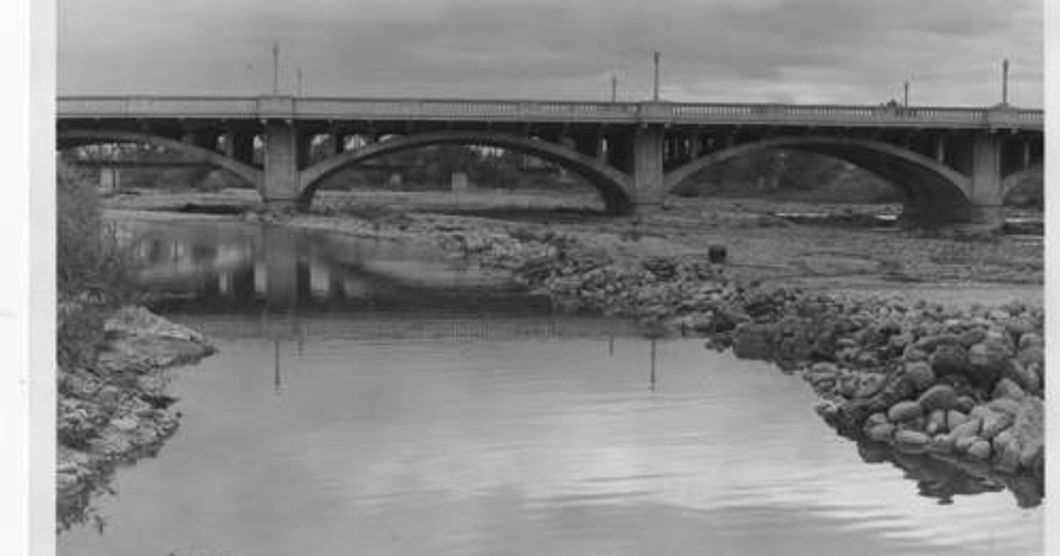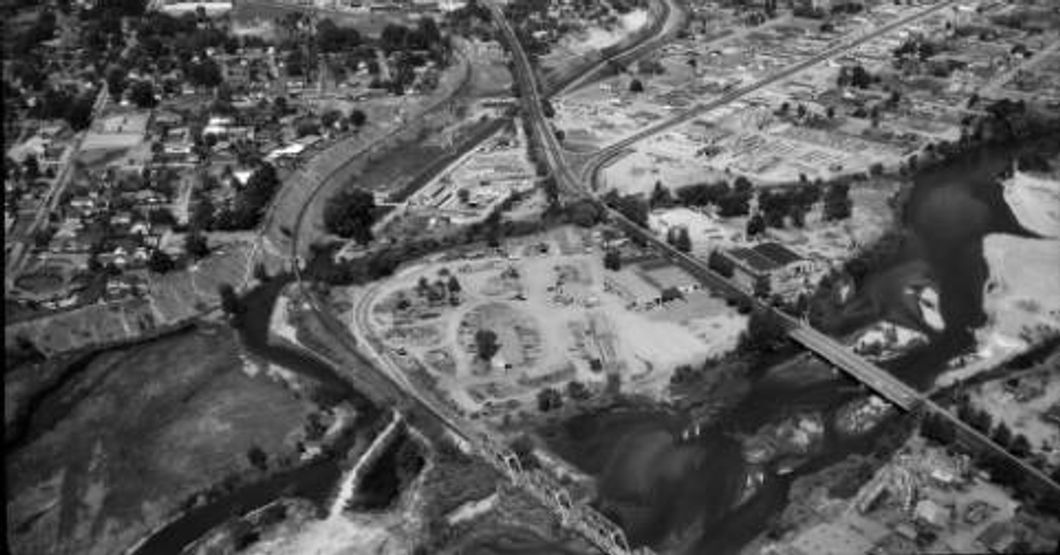With the 2018 floating season having started on the 22nd, people from all around southwestern Idaho flock to the Boise River to raft. While nowadays the Boise River means a fun day to cool off for most Idahoans, this wasn't always the case. The river, a modern day attraction, was once a safe haven and source of riches for those in need.
Before the Louisiana Purchase, Native Americans such as the Shoshone and Bannock tribes that lived in the Great Basin culture areas utilized the river for upwards of thousands of years. Using buffalo and fish that the river attracted, some Native Americans opted to stay near the river and survive off the plants and animals there.
By 1592, Spanish explorers made their way to the Boise River and found something extraordinary: beavers. Through the 1650s, intact beaver furs were in high demand in neighboring Canada and could be traded for commodities such as sugar; with beavers so easily found, many Spanish explorers chose to set up camp by the river and make their living there.
Outside of Native Americans and fur trappers, not many people lived along the banks of the Boise River until after Lewis and Clark's expedition west when gold was found on the banks of the river. Many of the first American settlers made their way towards towarsa the river hoping to find a better life. While many found nothing, the French-Canadian fur trappers dominated the area and grew prosperous. Communities began to form and towns such as Ceour d'Alene, French for "heart of the awl," were recognized. The primary issue lay with the very river that brought them there.
Despite the prosperity the river brought, quarrels arose over its name. The French insisted the "the wooded river," La rivière boisée, best represented the river; Scottish American explorer Robert Stuart insisted it be called "The Wooded River;" and British fur traders tended to call it either the "Wood River," "Reed's River," or "Reid's River" in memory of John Reid's failed post in 1813.
The arguments over a name continued until 1833 when Captain B. L. E. Bonneville arrived in what would later become Idaho during an information-gathering expedition. Though there's no evidence to support this, a legend suggests that the French Bonneville reached the river and exclaimed "Les bois! Les bois!" or "The trees! The trees!" Bonneville later recounted his experiences to Washington Irvine which were documented in "The Adventures of Captain Bonneville," a free and legal copy of which can be read here.
The widely read book helped popularize the name "Boise River," but French Canadian postmaster Francois Payette solidified it.. Payette, postmaster of Fort Boise, would teach emigrants how to pronounce the word and they would continue using it even after leaving Boise. By the time the country was settled, the word "Boise" was closely associated with the river.
The Boise River we've come to know and love may be just a summer pastime for us, but without it, Idaho may not have even become Idaho; the Native Americans wouldn't have had access to the food they needed, settlers would have never come for the gold, and Spanish explorers wouldn't have stayed in the area. Without the Boise River, we likely wouldn't have the history we do and the population we have. It may be a fun day for us, but it meant so much more to the people who relied on it in the past.




















